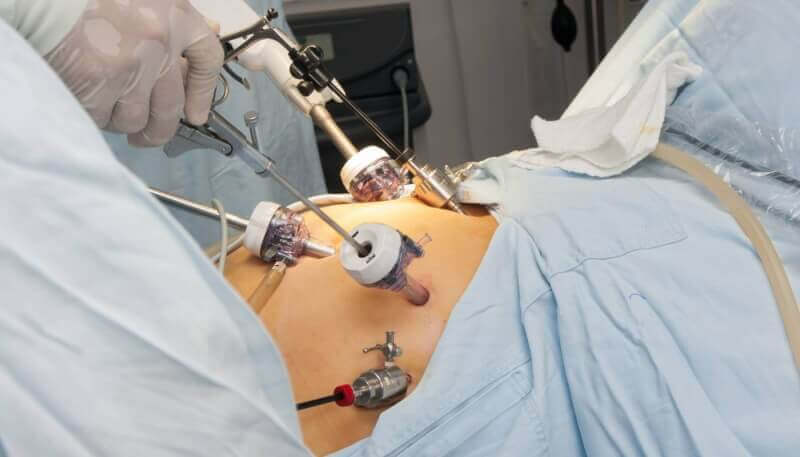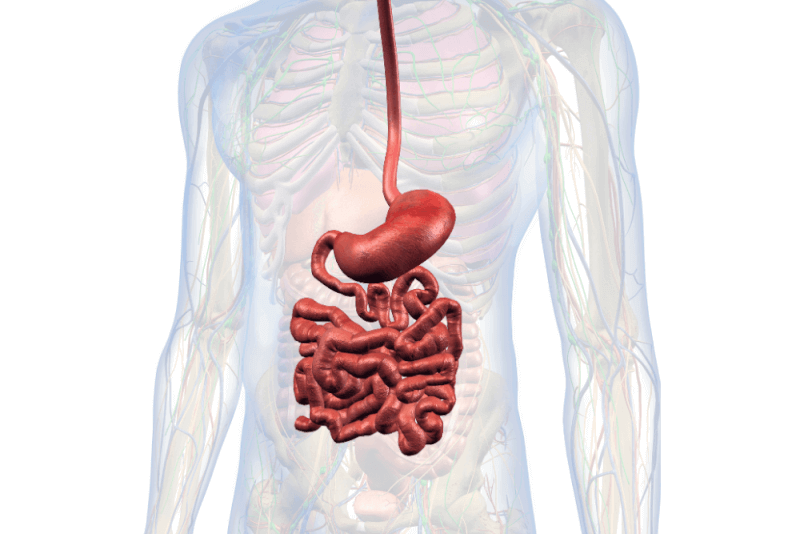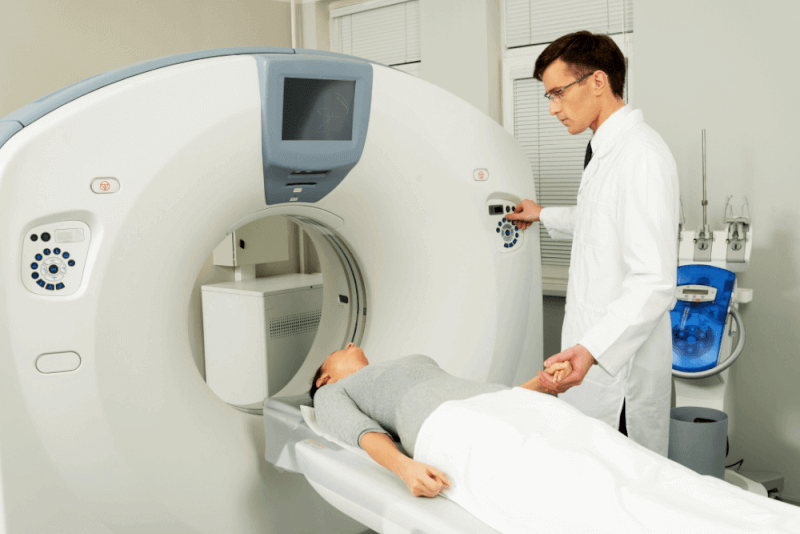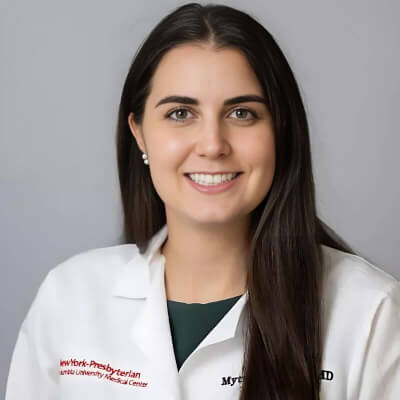What is Stomach Hernia?
Although it is often seen over the age of 50, gastric hernia is a condition that can be encountered by patients of all ages. When the stomach hangs over the esophagus due to the melting of the muscles at the junction of the stomach and esophagus for various reasons, it is called a stomach hernia. Because these muscles in the upper part of the stomach are prone to weakening and enlargement, gastric hernia is a relatively common disease. If we need to explain the stomach hernia briefly, it is caused by weaknesses of the diaphragm muscles.
Multiple factors contribute to the weakening of the muscles on the stomach. These include advancing age, stress, alcohol use, constant constipation, obesity, smoking and genetic factors. In addition, the risk of stomach hernia increases in those who work in very heavy jobs and in pregnant women.
In addition to not being a life-threatening disease, gastric hernia does not have much effect on daily life. However, it causes advanced and moderate reflux in some patients. For this reason, approximately half of reflux patients also suffer from gastric hernia.
The solution to the herniation of the part hanging over the esophagus over time is usually surgical procedures. This treatment is usually successful. On the other hand, there are also types of stomach hernia.
Paraesophageal gastric hernia is one of the least common types of gastric hernia and is usually seen in women. In this type, if left untreated over time, the prolapses slide into the chest cavity and cause the hernia to form in the chest cavity. This type of gastric hernia is the most dangerous type. If left untreated, it can be life-threatening. Therefore, it should be treated as soon as possible.
The sliding type of gastric hernia is usually related to reflux and in this type, the stomach and esophagus slide towards the chest cavity. Although it has the symptoms of a normal gastric hernia in the initial stages, if left untreated, it can be converted to a paraesophageal gastric hernia. For this reason, it is important to treat slipped gastric hernia before it reaches this stage.
What Causes Stomach Hernia?
The causes of gastric hernia are not known exactly. Muscle wasting, which leads to the formation of a hernia, can occur for many different reasons. Factors that increase the risk of a stomach hernia include persistent coughing and vomiting, straining during bowel movements and heavy lifting. These factors put pressure on the muscles around the stomach muscles. If they are repeated continuously, they increase the risk of stomach hernia.
In addition, some congenital characteristics of some patients also increase the risk of gastric hernia. Among these features, the esophagus is wide. The wide esophagus allows the stomach to sag easily.
Other factors that increase the risk of gastric hernia include lifestyle. Obesity, smoking, irregular diet, and aging also increase the risk of stomach hernia.
What are the Symptoms of Stomach Hernia?
In the first stage of a gastric hernia, symptoms are generally not expected. In case of symptoms of stomach hernias in this period, the symptoms include burning and heartburn caused by reasons such as toilet irregularities, heavy lifting or stomach tilt.
Although it does not cause symptoms in the early stages of gastric hernia, it can cause serious problems to patients in the middle and advanced stages. These include burning and heartburn in the back of the chest, sudden food residues in the mouth, sudden bouts of coughing, especially at night, and pain in the throat.
Symptoms of slip-type gastric hernia and paraesophageal gastric hernia include a feeling of over-saturation after eating and difficulties in swallowing. Some paraesophageal patients may also experience stomach bleeding and vomiting of dark blood. If patients experience this condition, immediate surgical intervention is required.
What are Stomach Hernia Tests? (Diagnosis)
Heartburn and upper abdominal pain, which are among the symptoms of gastric hernia, are revealed by tests performed on patients who consult a doctor. These tests include an X-ray of the upper abdomen. In order to get a better image from the X-ray, patients are asked to consume plenty of fluids. This allows patients' stomach, esophagus and diaphragm to be visualized easily and clearly. Thanks to this imaging, it can be easily determined whether the stomach is prolapsing over the esophagus.
Endoscopy is another test used in the detection of gastric hernia. Thanks to the camera sent through the esophagus, the esophagus and stomach of the patients are visualized in detail.
Another test used in gastric hernia is esophageal manometry. This test measures the rhythmic muscle contractions of the esophagus and stomach. On the other hand, the coordination and strength of patients' muscles can also be measured with this method.
Stomach Hernia Treatment Methods
The methods used in the treatment of gastric hernia are generally similar to the methods used in the treatment of reflux and gastritis. There is no specific medicine for use in this treatment. However, patients' diets are regulated to protect the health of the stomach.
The first place among the drugs used in the treatment of gastric hernia is antacid drugs. Thanks to these drugs, the acid level in the stomach of the patients is reduced and the patients are relieved. These drugs, which should be used in doses recommended by doctors, prevent patients from experiencing heartburn.
Another group of drugs used in gastric hernia are H2 receptor blockers. These medicines help the stomach to produce less acid. Another group of drugs used for the same purpose are proton pump inhibitors.
Patients with gastric hernia should especially avoid foods such as alcohol, chocolate, acidic drinks, coffee and butter. In addition, stomach hernia patients should sleep at least 3 hours after eating and keep their head higher than their chest while sleeping.
Stomach Hernia Surgery
Gastric hernia surgery is the most appropriate method for advanced gastric hernias where medications and lifestyle changes do not work. The aim of gastric hernia surgeries is to bring the slipped stomach and esophagus back to where they should be.
Two different methods are used in gastric hernia surgeries. These methods are thoracotomy and laparoscopic methods. Which method will be used is determined according to the patients. Although gastric hernia surgeries are only recommended for advanced gastric hernia, it is a highly successful treatment method.















